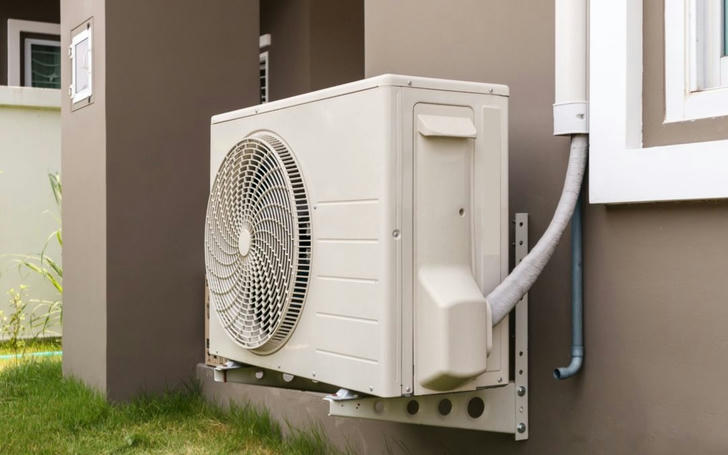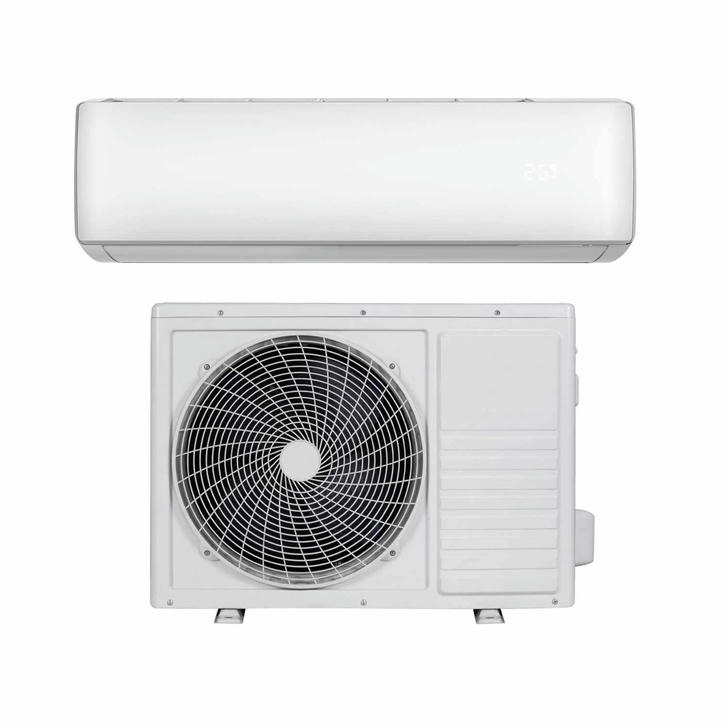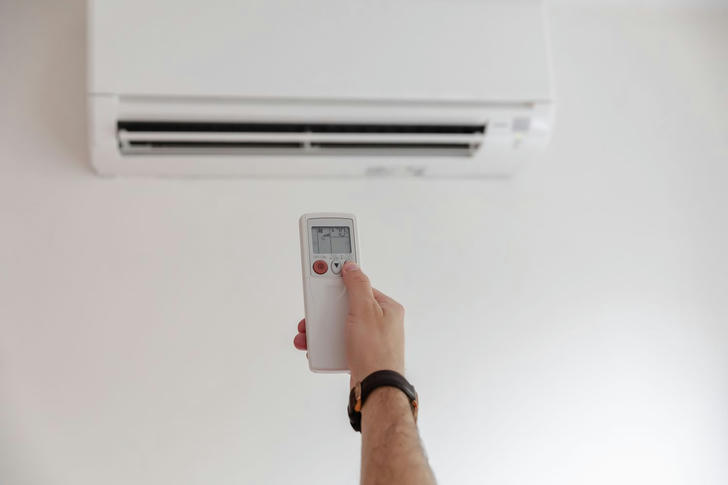How to Choose the Best Air Conditioner for Your Home
Choosing the Right Air Conditioner for Your Family
Choosing the right air conditioner (AC) is crucial for ensuring your home stays comfortable during hot weather. With numerous options available—from window units to central air systems—selecting the right AC can be overwhelming. The wrong choice may lead to high energy bills, inefficient cooling, or even dissatisfaction with your indoor climate. In this guide, we'll help you select the best air conditioner for your home’s needs.

Understanding Your Home’s Cooling Needs
One of the first steps in selecting the right air conditioner is to assess your home’s size and layout. Different spaces require different cooling capacities. For instance, a small apartment may only need a window unit, while a larger home may benefit from a central air system.
Example: If you live in a one-bedroom apartment, a compact window air conditioner could be sufficient for keeping your space cool. However, if you have a two-story house with multiple rooms, you might consider a central air system that distributes cool air evenly throughout your home. A family living in a two-bedroom house may find that a ductless mini-split system, which allows for individual room control, offers the flexibility they need.
Evaluating Energy Efficiency
When choosing an air conditioner, energy efficiency is a key factor to consider. Air conditioners are rated based on their energy efficiency ratio (EER) or seasonal energy efficiency ratio (SEER). Higher ratings indicate better efficiency, which translates to lower energy bills over time.
Example: Sarah recently purchased an energy-efficient AC unit with a SEER rating of 16. Although the upfront cost was higher, her monthly energy bills decreased significantly, allowing her to save money in the long run. By choosing an energy-efficient model, Sarah not only kept her home cool but also contributed to reducing her carbon footprint.
Assessing Different Types of Air Conditioners
There are several types of air conditioning systems to consider, each with its own benefits and drawbacks:
1.Window Air Conditioners: Ideal for single rooms, these units are installed in a window and can effectively cool small spaces. They are generally affordable and easy to install.
2.Portable Air Conditioners: These are versatile units that can be moved from room to room. They’re great for renters or those who need temporary cooling solutions.
3.Ductless Mini-Split Systems: Perfect for homes without ductwork, these systems allow for individual room control and are more energy-efficient than window units.
4.Central Air Conditioning: Best for larger homes, central AC systems cool the entire house through ductwork. They offer even cooling but require a larger investment and professional installation.

Example: Tom lives in a home without existing ductwork. He chose a ductless mini-split system that allows him to cool each room independently. This solution not only saves energy but also provides comfort in rooms that are used frequently, such as the living room and bedrooms.
Considering Climate and Environment
The climate in your area should influence your air conditioner choice. If you live in a region with extreme heat, you’ll need a more powerful and efficient unit. On the other hand, in milder climates, a smaller, less powerful unit may suffice.
Example: Lisa lives in a region with scorching summers and mild winters. She opted for a central air conditioning system, which efficiently cools her entire home during the summer months. Lisa appreciates the even distribution of cool air and the ability to maintain a comfortable environment for her family throughout the hot season.
Understanding Installation and Maintenance
Consider the installation requirements and maintenance needs of the air conditioning system you choose. Some units require professional installation, while others can be easily set up by homeowners. Regular maintenance is essential to keep your AC running efficiently.

Example: A family decided to purchase a window AC unit after moving into their new home. They found it easy to install on their own and appreciated the low maintenance required. However, they quickly learned the importance of regularly cleaning the filters to maintain efficiency. A simple routine of monthly filter checks ensured their AC continued to run smoothly throughout the summer.
Budgeting for Your Air Conditioner
When choosing an air conditioner, it’s important to consider your budget. Factor in both the upfront costs and the long-term operating costs, including energy bills and maintenance.
Example: John was initially drawn to a low-cost window unit, but after calculating the energy consumption, he realized that a more expensive energy-efficient model would save him money in the long run. By investing in a slightly pricier unit, he was able to lower his energy bills significantly, leading to substantial savings over time.
Checking for Additional Features
Modern air conditioners often come with a variety of features designed to enhance comfort and convenience. Look for options such as programmable thermostats, remote controls, and smart technology that allows you to control your AC from your phone.
Example: Emily chose an air conditioner with a programmable thermostat. This feature allowed her to set a schedule for cooling her home, reducing energy consumption when no one was home. She could even adjust the temperature from her smartphone, ensuring a comfortable environment when her family returned from work and school.
Testing and Evaluating
Finally, the best way to determine which air conditioner suits your family is to test and evaluate your options. Read reviews, consult with friends or family, and look for warranties or return policies. This way, you can ensure your investment meets your household’s needs.

Types of Air Conditioners Recap
Now that you understand how to assess your family's needs, let’s look at the most common types of air conditioners available:
1.Window Air Conditioners: Affordable and easy to install, ideal for small spaces.
2.Portable Air Conditioners: Versatile and easy to move, great for renters.
3.Ductless Mini-Split Systems: Efficient for homes without ductwork, offering individualized control.
4.Central Air Conditioning: Effective for larger homes, providing consistent cooling throughout.
Conclusion
Choosing the right air conditioner is essential for maintaining a comfortable home environment. By considering factors such as your home’s size, energy efficiency, climate, installation requirements, budget, and desired features, you can make an informed decision that meets your family’s specific needs. Real-life examples like Sarah, Tom, Lisa, and Emily illustrate that thoughtful choices lead to better comfort and savings. Take the time to evaluate your options and select an air conditioning system that will keep your family cool and comfortable for years to come.
